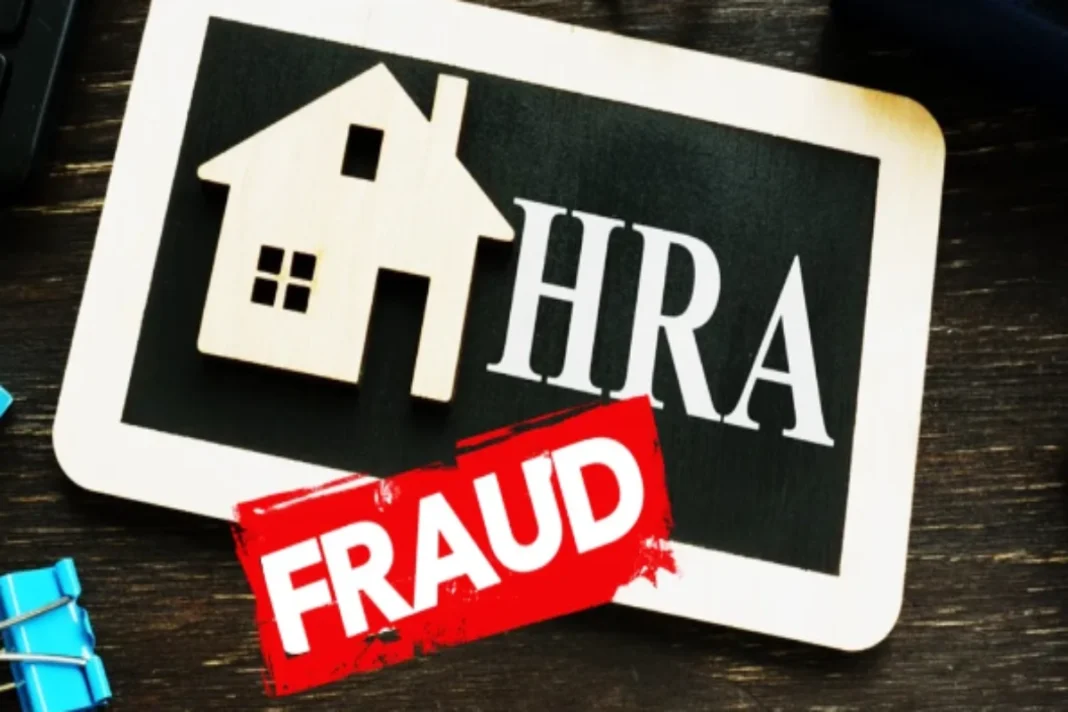HRA Fraud Alert: The Income Tax Department has uncovered multiple instances of non-tenant people utilising fictitious Permanent Account Numbers (PAN) cards to unlawfully obtain Housing Rent Allowance (HRA). According to The Times of India, the authorities have discovered between 8,000 and 10,000 serious instances. The majority of the time, more than Rs 10 lakh was fraudulently claimed as HRA.
Non-Payment of Rent
According to the article, the tax authority began looking into the case more thoroughly after discovering rent invoices under one person’s PAN that were estimated to be worth Rs 1 crore. The authorities discovered that the person was unaware of the transactions after interviewing them. Furthermore, the rent that was assigned to the PAN was not even paid to the individual.
Although the tax authority has previously discovered instances of PAN fraud, the report made clear that the level of abuse has increased to a “alarming” degree. There have been cases where workers from particular companies have used the same PANs fraudulently to get tax benefits.
Tax Officials’ Response
In an effort to reduce tax burden, tax officials who were cited in the study stated that they are actively pursuing workers who have submitted false claims. However, it is unclear whether offenders will face legal consequences.
This demonstrates the misuse of PAN cards. The present TDS (tax deducted at source) provision, which only applies to monthly rents exceeding Rs 50,000 or yearly payments over Rs 6 lakh, complicates matters further. Because of this, a large number of paid workers have abused this loophole to evade paying taxes on their rental income.
Professional Advice
Tax professionals advise individuals (salaried taxpayers) to avoid these kinds of schemes because they are easily detectable by the authorities through automated procedures, data analytics, and state-of-the-art technology. If discovered engaging in such dishonest activities to evade taxes, offenders risk paying severe fines and penalties. In severe circumstances, they might even be sued.


